Category: Heart
-
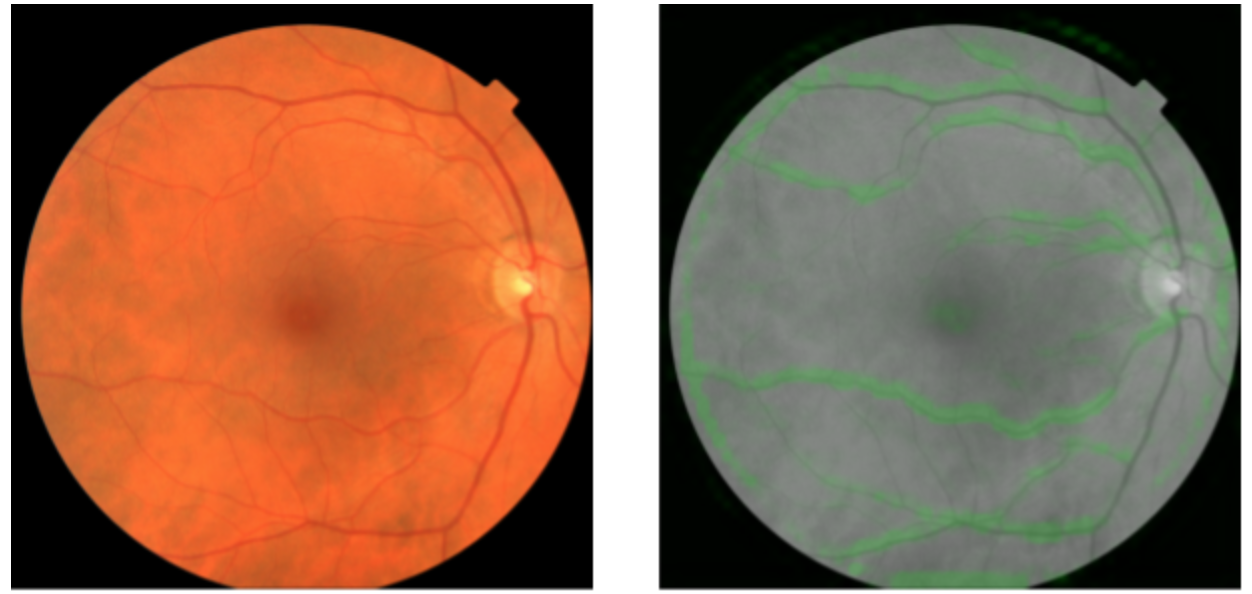
Heart attack, stroke, predicted via retinal images
Google’s Lily Peng has developed an algorithm that can predict heart attacks and strokes by analyzing images of the retina. The system also shows which eye areas lead to successful predictions, which can provide insight into the causes of cardiovascular disease. The dataset consisted of 48,101 patients from the UK Biobank database and 236,234 patients…
-
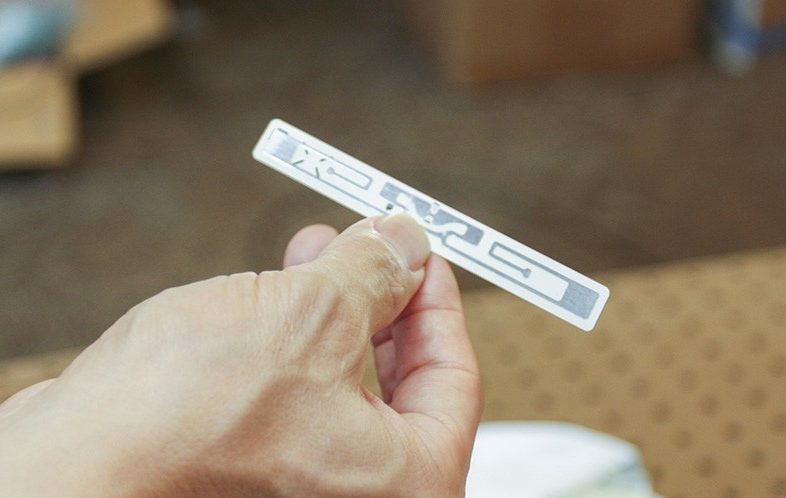
Contact-free blood pressure, heart and breath rate monitoring
Cornell’s Edwin Kan has developed a contact-free vital sign monitor using radio-frequency signals and microchip tags. Blood pressure, heart rate and breath rate are measured when radio waves bounce off the body and internal organs, and are detected by an electronic reader from a location anywhere in the room. 200 people can be monitored simultaneously. According…
-
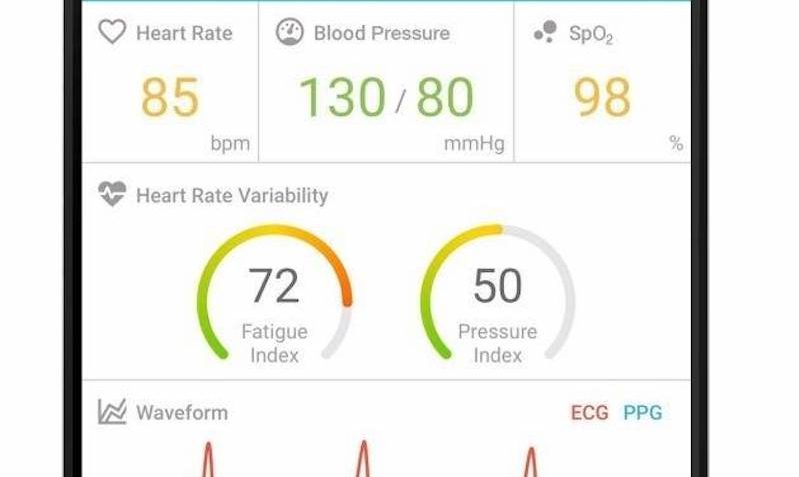
Single phone sensor tracks heart rate, HR variability, BP, oxygen saturation, ECG, PPG
Sensio by MediaTek is a biosensor that monitors heart rate, heart rate variability, blood pressure, peripheral oxygen saturation levels, ECG and PPG, from a smartphone, in 60 seconds. This could allow continuous monitoring with out multiple sensors. LEDs and a light sensitive sensor measure the absorption of red and infrared light from a user’s fingertips.…
-

3D coronary artery model analyzes impact of blockages
HeartFlow FFR uses data from a CT scan to create a 3D model of the coronary arteries and analyze the impact that blockages have on heart flow, to determine whether a stent is necessary. It replaces a test that uses direct measurement with an instrument inserted into the heart. Standard practice is to push a…
-
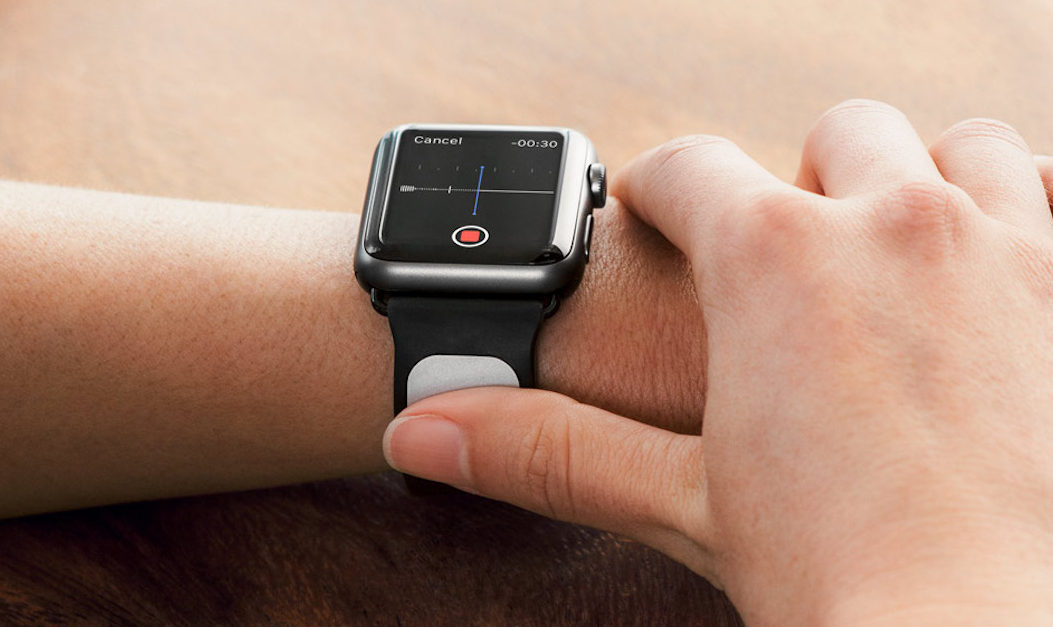
FDA approved EKG band monitors heart activity via Apple Watch
AliveCor’s Kardia EKG band is the first medical accessory to receive FDA approval for use with the Apple Watch. Unlike the optical-based sensor built into the Apple Watch, EKG is considered the most accurate way to record heart activity. AliveCor claims that Kardia is a medical grade heart rate monitor that can identify abnormal heart rhythms…
-
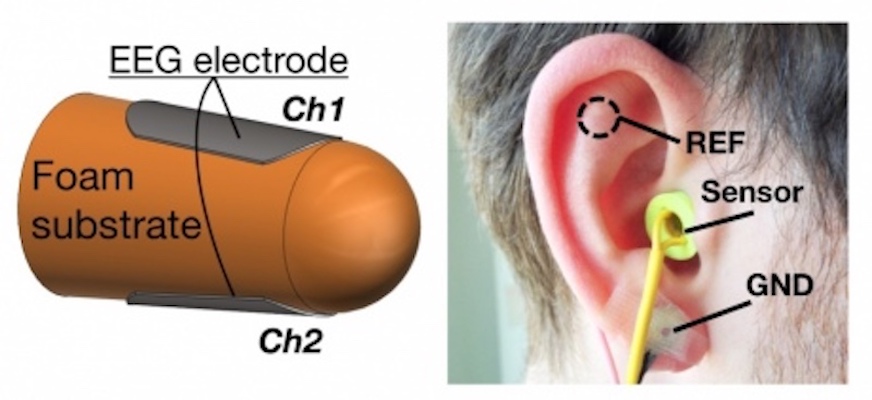
Small, foam hearable captures heart data
In a small study, Danilo Mandic from Imperial College London has shown that his hearable can be used to capture heart data. The device detected heart pulse by sensing the dilation and constriction of tiny blood vessels in the ear canal, using the mechanical part of the electro-mechanical sensor. The hearable is made of foam and…
-
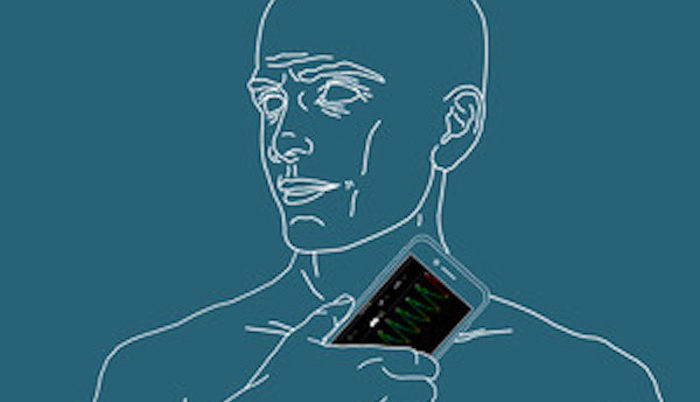
App uses phone’s camera to monitor heart health
Mory Gharib and Caltech colleagues have developed an app which uses a phone camera to monitor heart health. When held to the neck, it infers the left ventricular ejection fraction of the heart by measuring the amount that the carotid artery displaces the skin of the neck as blood pumps through it. According to Gharib:”What is…
-
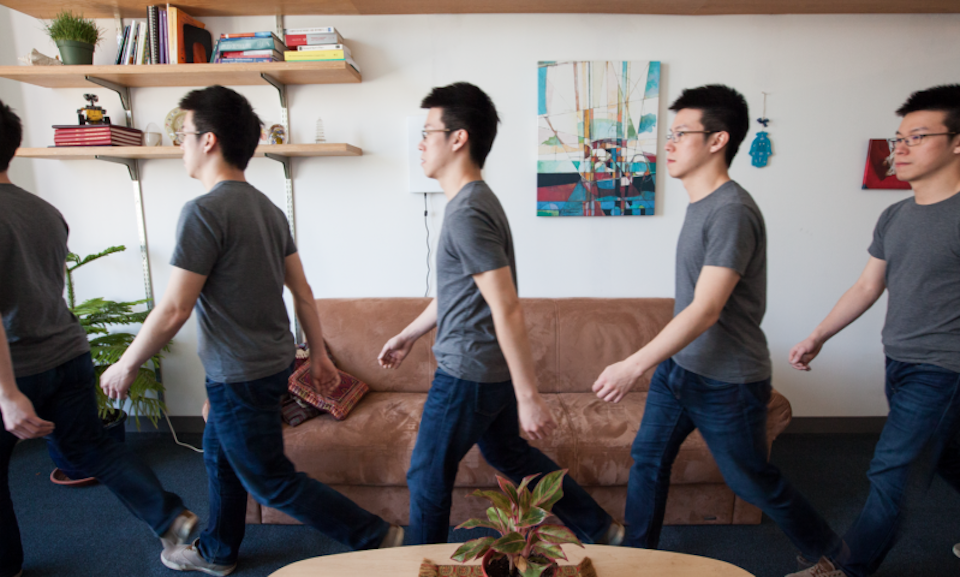
Wall sensor monitors walking speed, stride to track health
MIT’s Dina Katabi, Chen-Yu Hsu, and colleagues have developed WiGait, a wall sensor that detects walking speed and stride to monitor health. This builds on previous MIT research which showed that radio signals could track breathing and heart rate, without wearables. The system works by transmitting low-power radio signals and analyzing how they reflect off bodies within a…
-
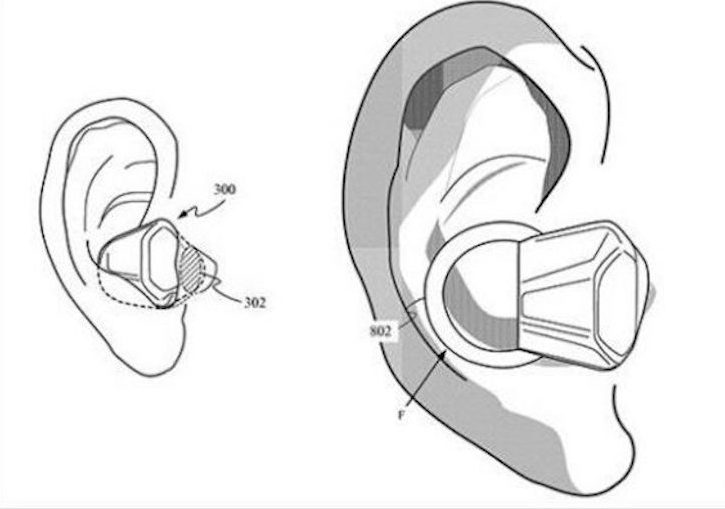
Future hearable sensors could track physical, emotional state
Apple has filed patent applications describing wireless earbuds that monitor health while a wearer talks on the phone or listens to music. This has obvious exercise-related implications, but could potentially track the physiological impact of one’s emotional state while making calls, as a mobile mental health tool. Sensors included in the patent include EKG, ICG,…
-
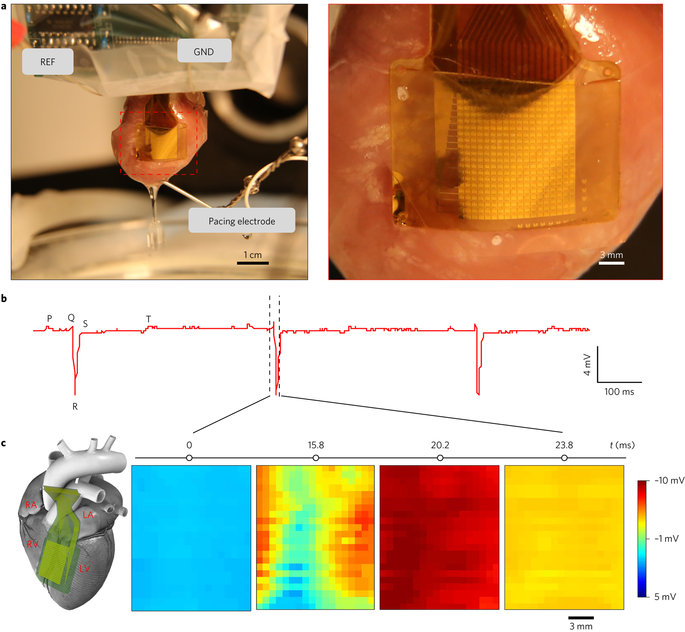
Thin, flexible, insulated sensor could monitor the heart for 70 years
Northwestern’s John Rogers has developed a sensor that can monitor electrical activity irregularities in the heart for 70 years. The sensor is much safer and more refined than current technology, which degrades easily, and can harm patients. An array of 396 voltage sensors are set in a very thin, multi-layer, flexible substrate, meant to attach to…
-
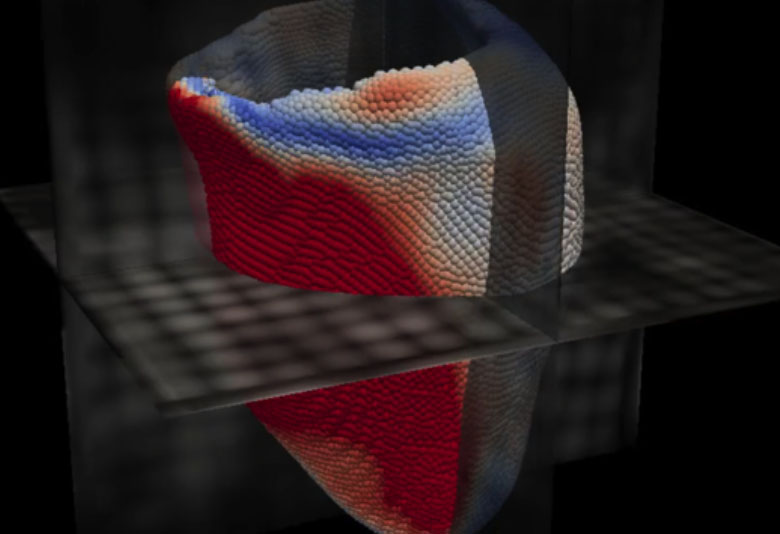
Machine learning tools predict heart failure
Declan O’Regan and MRC London Institute of Medical Sciences colleagues believe that AI can predict when pulmonary hypertension patients require more aggressive treatment to prevent death. In a recent study, machine learning software automatically analyzed moving images of a patient’s heart, captured during an MRI. It then used image processing to build a “virtual 3D heart”,…
-

Implanted sensors predict heart failure events
Penn State’s John Boehmer used Boston Scientific’s HeartLogic sensors (retrofitted in already implanted devices) to track heart failure in a study of 900 patients. The goal was continuous monitoring and early event detection and prevention. Currently, heart failure is (not very successfully) managed by monitoring weight and reported symptoms. One in five patients are readmitted within 30…